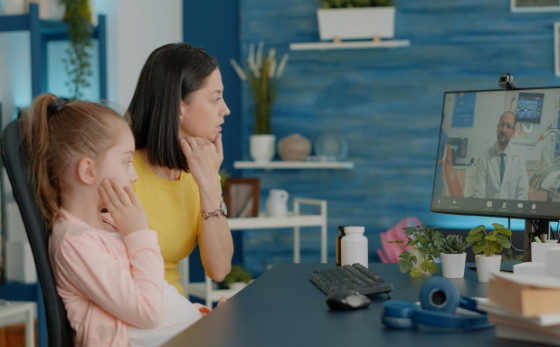
- Psychiatrist in Redondo Beach, Telehealth
- 0 Comments
Mental health care is a vital component of overall well-being. Yet, many individuals in rural and remote areas, such as Redondo Beach in Los Angeles County, CA, face significant challenges in accessing essential psychiatric services. As mental health issues continue to rise across the nation, seeking professional help has never been more critical. Fortunately, Brain […]
Read More







